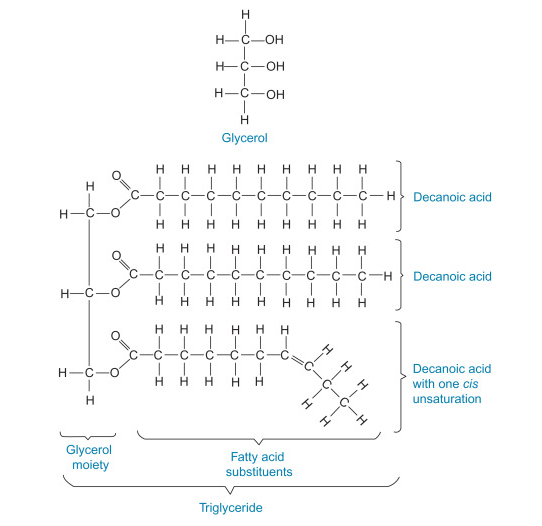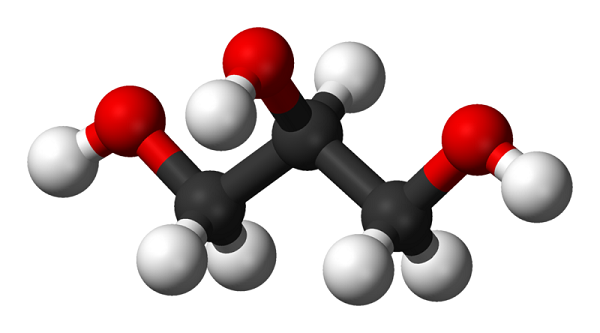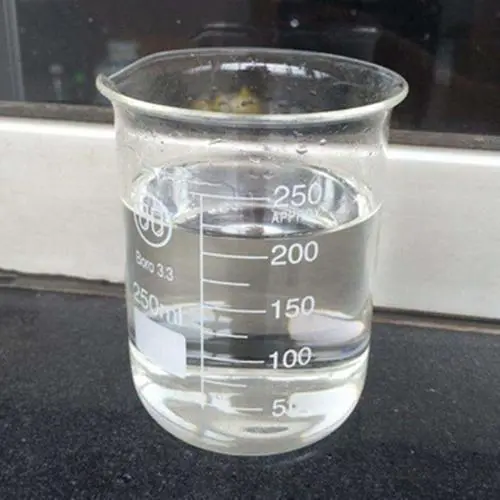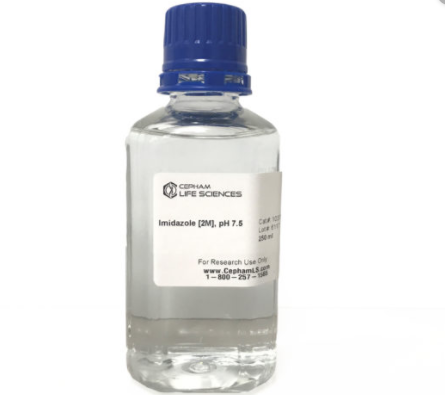Effectiveness of Glycerol
Overview Information
Glycerol is a naturally occurring chemical. People use it as a medicine. Some uses and dosage forms have been approved by the U.S. Food and Drug Administration (FDA).
Glycerol is most commonly used for constipation, improving hydration and performance in athletes, and for certain skin conditions. It is also used for meningitis, stroke, obesity, ear infections, and other conditions, but there is no good scientific evidence to support these uses.
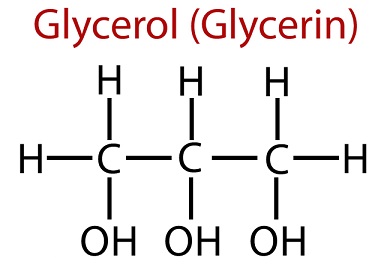
How does it work?
Glycerol attracts water into the gut, softening stools and relieving constipation.
In the blood, it attracts water so that the water stays in the body longer. This might help an athlete exercise for longer.
Uses & Effectiveness
Likely Effective for
Constipation. Giving glycerol into the rectum, as a suppository or as an enema, decreases constipation.
Possibly Effective for
Athletic performance. There is some evidence that taking glycerol by mouth along with water helps to keep the body hydrated for longer. The increase in fluids in the body might help people exercise for a few minutes longer and possibly go a bit faster, especially if it is hot.
Dandruff. Using a hair lotion containing glycerol, stearic acid, and sunflower seed oil 3 times each week can reduce dandruff by a small amount and moisturize the scalp.
Dry skin. Applying a product containing glycerol and paraffin to the skin reduces the thickness of scales and itching in people with xerosis.
An inherited skin disorder that causes dry, scaly skin (ichthyosis). Applying a specific, prescription-only product (Dexeryl, Pierre Fabre Laboratoires) containing glycerol and paraffin to the skin reduces symptoms like itching and scales in children with ichthyosis.
Possibly Ineffective for
Swelling (inflammation) of membranes that protect the brain and spinal cord (meningitis). Taking glycerol along with medicines used to treat meningitis doesn't reduce the chance of death, seizures, or stomach and intestinal injury. But it might reduce the chance of deafness in children who survive the infection.
Growth and development in premature infants. Giving glycerol into the rectum, as a suppository or as an enema, is sometimes used in premature infants to help them pass their first stool. It's thought that this will help them start to take food by mouth earlier. But glycerol doesn't seem to have much benefit for this purpose.
Likely InEffective for
Stroke. Receiving intravenous (IV) glycerol from a healthcare professional does not improve symptoms after a stroke.
Insufficient Evidence for
Obesity. Early research in adults on a low-calorie diet shows that taking glycerol before meals does not increase weight loss.
Swimmer's ear (otitis externa). Early research shows that having a doctor place a gauze soaked in ichthammol and glycerol into the ear canal reduces pain and swelling as much as using prescribed ear drops.
You may like
Related articles And Qustion
See also
Lastest Price from Glycerol manufacturers

US $0.00-0.00/KG2025-09-28
- CAS:
- 56-81-5
- Min. Order:
- 1KG
- Purity:
- 99.0%
- Supply Ability:
- 1000KG/month

US $1.00-4.00/KG2025-09-08
- CAS:
- 56-81-5
- Min. Order:
- 1KG
- Purity:
- 99%
- Supply Ability:
- 200000KG

